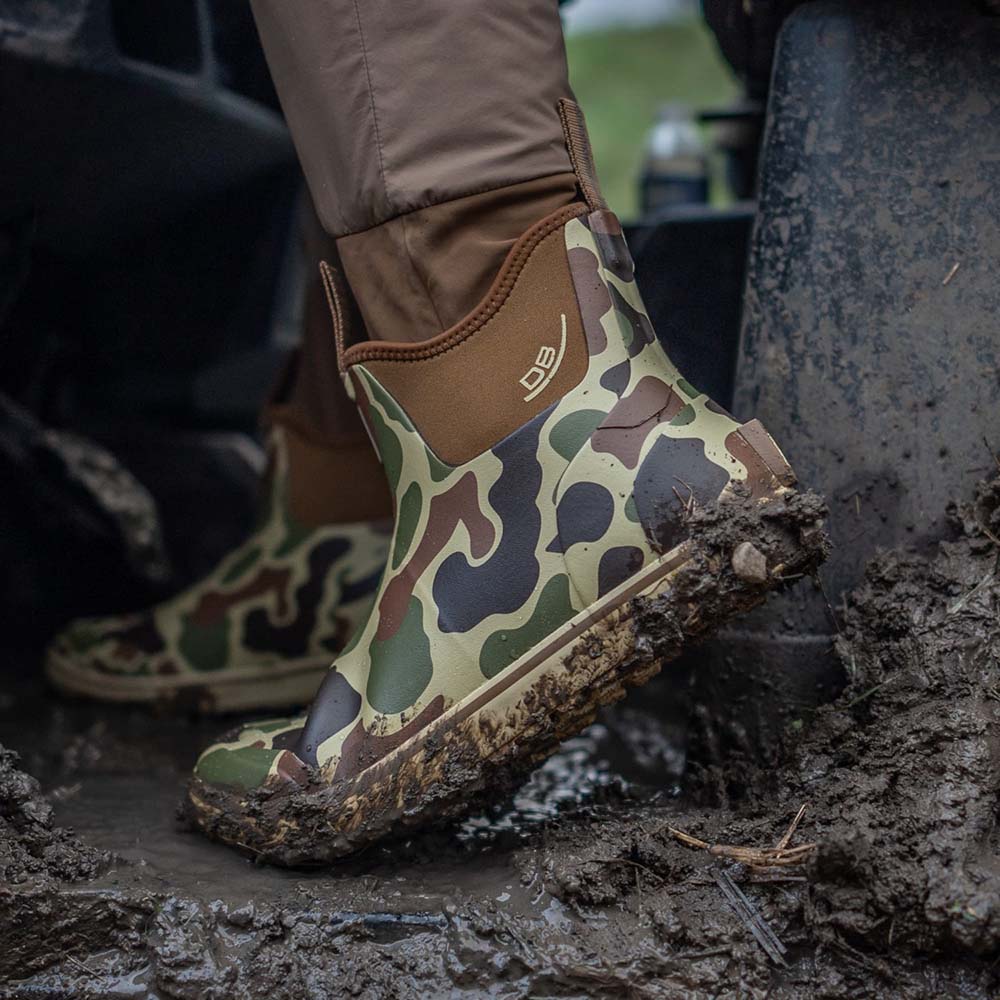PROVIDENCE, R.I. (AP) — Daniel Roberts hadn’t experienced a vaccination considering that he was 6. No boosters, no tetanus pictures. His mom and dad taught him inoculations ended up dangerous, and when the coronavirus arrived, they known as it a hoax. The vaccine, they mentioned, was the actual risk.
So when the 29-12 months-outdated Tennessee male received his COVID-19 shot at his regional Walmart past month, it felt like an achievement. A crack with his past.
“Five hundred thousand people today have died in this nation. Which is not a hoax,” Roberts mentioned, speaking of the conspiracy theories embraced by family and pals. “I never know why I didn’t consider all of it myself. I guess I selected to believe that the info.”
As the world struggles to split the grip of COVID-19, psychologists and misinformation industry experts are researching why the pandemic spawned so several conspiracy theories, which have led men and women to eschew masks, social distancing and vaccines.
They are looking at backlinks involving beliefs in COVID-19 falsehoods and the reliance on social media as a resource of information and info.
And they’re concluding COVID-19 conspiracy theories persist by delivering a bogus feeling of empowerment. By supplying concealed or secretive explanations, they give the believer a feeling of regulate in a scenario that otherwise looks random or terrifying.
The findings have implications not only for pandemic reaction but for the upcoming “infodemic,” a term utilized to describe the crisis of COVID-19 misinformation.
“We need to master from what has transpired, to make confident we can prevent it from occurring the subsequent time,” said former U.S. Surgeon General Richard Carmona, who served in George W. Bush’s administration. “Masks turn into a symbol of your political bash. People today are expressing vaccines are ineffective. The average human being is puzzled: Who do I consider?”
About 1 in 4 Us residents claimed they imagine the pandemic was “definitely” or “probably” developed intentionally, in accordance to a Pew Investigate Middle study from June. Other conspiracy theories concentrate on financial limitations and vaccine safety. More and more, these baseless promises are prompting genuine-entire world problems.
In January, anti-vaccine activists compelled a vaccine clinic at Dodger Stadium in Los Angeles to shut for a working day. In Europe, dozens of cell towers burned due to the fact of weird statements that 5G wireless signals had been triggering the an infection. Elsewhere, a pharmacist wrecked vaccine doses, health-related personnel were attacked, and hundreds died following consuming contaminants touted as cures — all since of COVID-19 falsehoods.
The most preferred conspiracy theories frequently help men and women demonstrate challenging, tumultuous activities, when the fact might be as well troubling to accept, according to Helen Lee Bouygues, founder and president of the Paris-dependent Reboot Foundation, which researches and promotes critical imagining in the world-wide-web age.
These kinds of theories generally surface immediately after important or terrifying moments in history: the moon landing, the Sept. 11 assaults, or the assassination of President John F. Kennedy, when lots of identified it difficult to accept that a lone, deranged gunman could get rid of the president. Large conspiracies involving the CIA, the mob or other folks are simpler to digest.
“People need to have large explanations for massive challenges, for massive globe occasions,” claimed John Cook, a cognitive scientist and conspiracy concept specialist at Monash University in Australia. “Random explanations — like bats, or wet markets — are just psychologically unsatisfying.”
This push is so potent, Cook dinner explained, that persons usually believe contradictory conspiracy theories. Roberts said his mother and father, for occasion, to begin with considered COVID-19 was linked to mobile towers, ahead of selecting the virus was really a hoax. The only explanations they did not entertain, he claimed, were being the kinds coming from health care industry experts.
Distrust of science, institutions and common news sources is greatly affiliated with much better beliefs in conspiracy theories, as is assistance for pseudoscience.
Trust in American institutions has been further more eroded by false statements from leaders like President Donald Trump, who consistently downplayed the danger of the virus, recommended bleach as a therapy, and undermined his administration’s possess specialists.
An evaluation by Cornell University scientists identified Trump to be the greatest driver of bogus coronavirus claims. Experiments also clearly show conservatives are much more probable to imagine conspiracy theories or share COVID-19 misinformation.
Carmona claimed he was addressing a team of executives about the coronavirus not too long ago when one particular person declared that the pandemic was developed by the Chinese government and Democrats to harm Trump’s reelection bid.
“When people begin believing their personal facts and rejecting nearly anything the other aspect states, we’re in true difficulties,” he claimed.
A shared distrust in American institutions has served to unite several teams guiding the banner of COVID-19 conspiracy theories. They include things like significantly-suitable teams upset about lockdowns and mask mandates, anti-vaccine activists and adherents of QAnon, who believe Trump is waging a key war against a highly effective cabal of satanic cannibals.
Aside from getting perception into COVID-19 conspiracy theories, scientists are thinking about what performs — and what does not — when it arrives to speaking to pals and household who have embraced baseless statements.
And they are acquiring attainable options to the broader dilemma of on the net misinformation. They include much better initiatives by social media organizations and new restrictions.
Fb, Twitter and other platforms have long confronted criticism for letting misinformation to prosper. They haveacted much more aggressively on COVID-19 misinformation, suggesting the platforms could do more to rein in misinformation about other subjects, this kind of as local weather adjust, Cook dinner reported.
“It demonstrates it is a issue of will and not a matter of specialized innovation,” Prepare dinner stated.
Addressing our species’ attraction to conspiracy theories might be additional tough. Teaching important thinking and media literacy in schools is vital, experts claimed, considering the fact that the web will only mature as a news resource.
In the latest years, an thought known as inoculation idea has acquired prominence. It consists of utilizing on the web games or tutorials to prepare persons to imagine additional critically about details.
One particular illustration: Cambridge College researchers developed the on line activity Go Viral!, which teaches players by obtaining them generate their own deceptive material.
Scientific tests demonstrate the online games improve resistance to on line misinformation, but like a lot of vaccines, the results are short-term, top scientists to speculate, as Cook reported, “How do you give them the booster shot?”
Someday, these games may possibly be put as commercials in advance of on the internet films, or promoted with prizes, as a way to consistently vaccinate the public towards misinformation.
“The true deal with is training,” said Bouygues. “COVID has demonstrated us how dangerous misinformation and conspiracy theories can be, and that we have a lot of work to do.”







